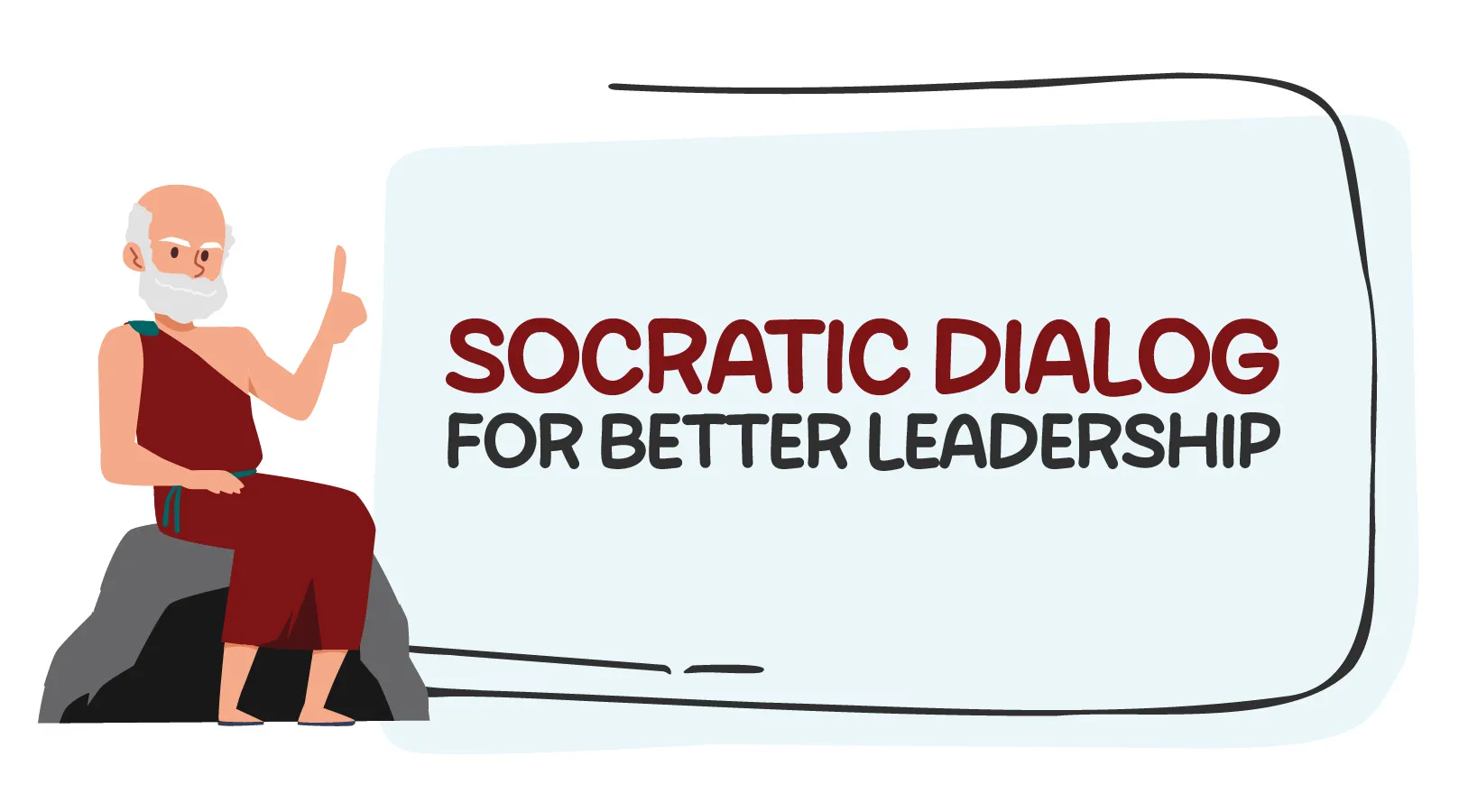“The only true wisdom is in knowing you know nothing.” – Socrates, Greek philosopher.
You may be aware of the immense potential of incorporating first-principles thinking in your problem-solving approach.
First principles thinking is a problem-solving approach that involves breaking down complex problems into their most basic, foundational elements. Instead of relying on assumptions, analogies, or conventional wisdom.
But how can you become a first-principles thinker? One of the ways is by using Socratic Dialog to test your ideas, thoughts and biases. Here’s how to do it.
When you have a problem. One of the first things you must do as a first-principles thinker is to focus your thinking on the most fundamental aspects of that problem. Problems start as thoughts and questions in your mind. Examples include, “How can I become a better data scientist?” or “What’s the best approach to create a better dashboard that will present my data and insights clearly?”
Socratic Dialog draws out the first principles of your problem statement in a systematic manner. It involves a disciplined and thoughtful dialogue to explore the underlying beliefs that shape our views and opinions.
It follows a simple process:
-
- Wonder: Listen without judgment. Understand the premise.
Ask questions such as ‘why are you thinking about the problem now?’ or ‘what exactly do you want to do?’ and ‘why is it important?’
-
- Reflect: Summarize the ideas and clarify to ensure clear understanding of what you heard.
- Refine: Challenge assumptions. Ask for evidence. Seek the truth beneath the surface. Examine the consequences of your assumptions being wrong.
Some questions that can help you include ‘how do you know that you are or aren’t already a good data scientist?’ or ‘is a dashboard the best way to represent your data, or is there a better way?’
- Restate: Present the refined assumption.
- Repeat: Iterate to strip away fallacies and reach the core issue.
Socratic Dialog can help you challenge biases and emotional responses to problems. It can help you build products and solutions that can address the fundamental aspects of your problems and address the real need, rather than the perceived needs.
Download our useful tip sheet to learn more about these powerful principles.
Talk to us to know more about vital concepts that can help you be a better decision scientist with data.


